Written by Ed Whalen, Contributing Writer, Classical Wisdom
When we think about Ancient Greece, we most likely think of the Classical Age. Starting with the first Persian invasion and ending with the rise of Macedonia, this was the period in which Athens and Sparta vied for control of Greece. It was also a time of remarkable cultural and intellectual achievement.
The Socio-Economic Background of Classical Greece
The Classical Age saw the flourishing of the polis, or the city-state. At this time, the Hellenic world was largely separated by nascent city-states. These young city-states needed new institutions for governance, leading to the development of modern politics. Many of the city-states were democratic, but the old aristocracy was still influential.
With Athens taking the lead, democratic institutions and the rule of law were developed. However, parts of the Greek world, such as Thebes, were still dominated by the elites. During the Classical Age, Greek ships dominated the trade of the Mediterranean and cities such as Corinth were great centers of manufacturing. Hellenic culture and political institutions spread all over the Greek world, and even influenced neighboring peoples such as the Etruscans and Celts.
War and the Rise and Fall of Empires
In 490 BC, the Athenians defeated the Persians. When Sparta refused to continue the war with Persia, Athens emerged as the leader of the Greek world. The Athenians became the leaders of the Delian League, which continued the war against the Persian commander Xerxes. This war drove the Persians back while at the same time increasing Athens’ power, particularly at sea.
The Athenians eventually turned their allies in the Delian League into their subjects, creating an informal empire. This led to a bitter rivalry with Sparta and its allies, paving the way for the First Peloponnesian War (460-425 BC). This ended in the so-called “Thirty Years Peace.” In Athens, Pericles was the de-facto ruler of the city, then at the height of its political power.
Tensions between Sparta and Athens exploded into the Second Peloponnesian War (431-404 BC). Their respective allies became involved, convulsing the whole of the Hellenic world in war. Pericles urged the Athenians not to fight the Spartans on sea instead of on land.
This strategy worked, and the Peace of Nicias ended the first phase of the war in 418 BC. At this point, the Athenians were restless. Following the lead of Alcibiades, they agreed to invade the powerful Sicilian city-state of Syracuse. This was the turning point in the war. The Athenian expedition to Syracuse was a disaster.
Weakened, Athens was put on the defensive. Sparta and its allies were able to dominate but they could not defeat them due to the power of the Athenian navy. However, the Persians intervened, helped Sparta to build a navy and in 405 BC, they inflicted a devastating defeat on the Athenians at the Battle of Aegospotami.
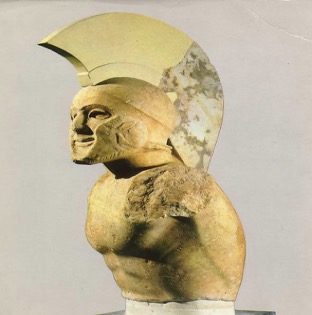
Marble statue of a helmed hoplite (5th century BC), possibly Leonidas (Archaeological Museum of Sparta, Greece)
Sparta emerged as the victor and Athens came under the rule of some pro-Laconian tyrants. The Spartans dominated Greece for fifty years. Under the Spartans, Athens recovered some of its power. They briefly invaded the Persian Empire and achieved some minor victories.
However, Thebes and other Boeotian cities chaffed under the Spartan hegemony. Some Theban exiles even expelled a Spartan garrison from their city and went on to defeat the Spartans at Tegyra (375 BC) and at Leuctra (371 BC). These defeats ended the myth of Spartan invincibility, and signaled the end of their hegemony over Greece. The Thebans emerged as the most important force in Greece.
However, in 364 BC, the Thebans were defeated by Sparta and her Peloponnesian allies, leading to a follow-up battle in which the Thebans triumphed in a tactical victory. However, the Theban leaders were all killed, weakening their power. By 360 BC, Greece consisted of three major powers: Athens, Sparta and Thebes.
Rise of Macedon
Phillip II became king of Macedon, and immediately began turning it into a major Hellenic power. He used marriage alliances to cement his position in Greece. He also took advantage of the Greeks in-fighting, especially during the Third Sacred War. He soon became very powerful and at the Battle of Chaeronea (338 BC), Phillip II decisively defeated the Athenians, Thebes and their allies. After his death, his son Alexander the Great brutally repressed Thebes and destroyed it. This marked the end of the autonomy of the Greek city-states, who were to largely stay under the influence of Macedonian rulers, on and off until the arrival of the Romans.
The Culture of Classical Greece
Classical Greece produced some of the greatest artistic works of all time, most of it in Athens. The Parthenon was built, and many remarkable sculptures were made in the city. There was innovation in the sciences, and disciplines as diverse as astronomy and urban-planning. Athenians and other Greeks placed a great emphasis on reason and logic, leading to new innovations in mathematics. It also led to the development of philosophy.
The Greek sophists taught rhetoric and were relativists. Socrates reacted against them by demonstrating that there were eternal truths, developing the “Socratic method” of reasoning. He is regarded as the founder of modern ethics. Plato was his pupil and in his dialogues, a new philosophy arose. He is regarded as the greatest philosopher of all time. Then came Aristotle, who developed highly influential theories in ethics and metaphysics. The Athenians also developed tragedy and comedy. The great tragedians Euripides, Sophocles and Aeschylus wrote their masterpieces in 5th century BC.
Conclusion
Classical Greece was a turbulent time, beset by wars and the rise and fall of empires. It saw the defeat of the Persians and the rise of Athens, Sparta and Thebes. The rise of Macedon ended the era of the Greek city-state. What is most remarkable about the Classical Age was its cultural, artistic and intellectual achievements. Without this period, the modern world as we know it likely wouldn’t exist.

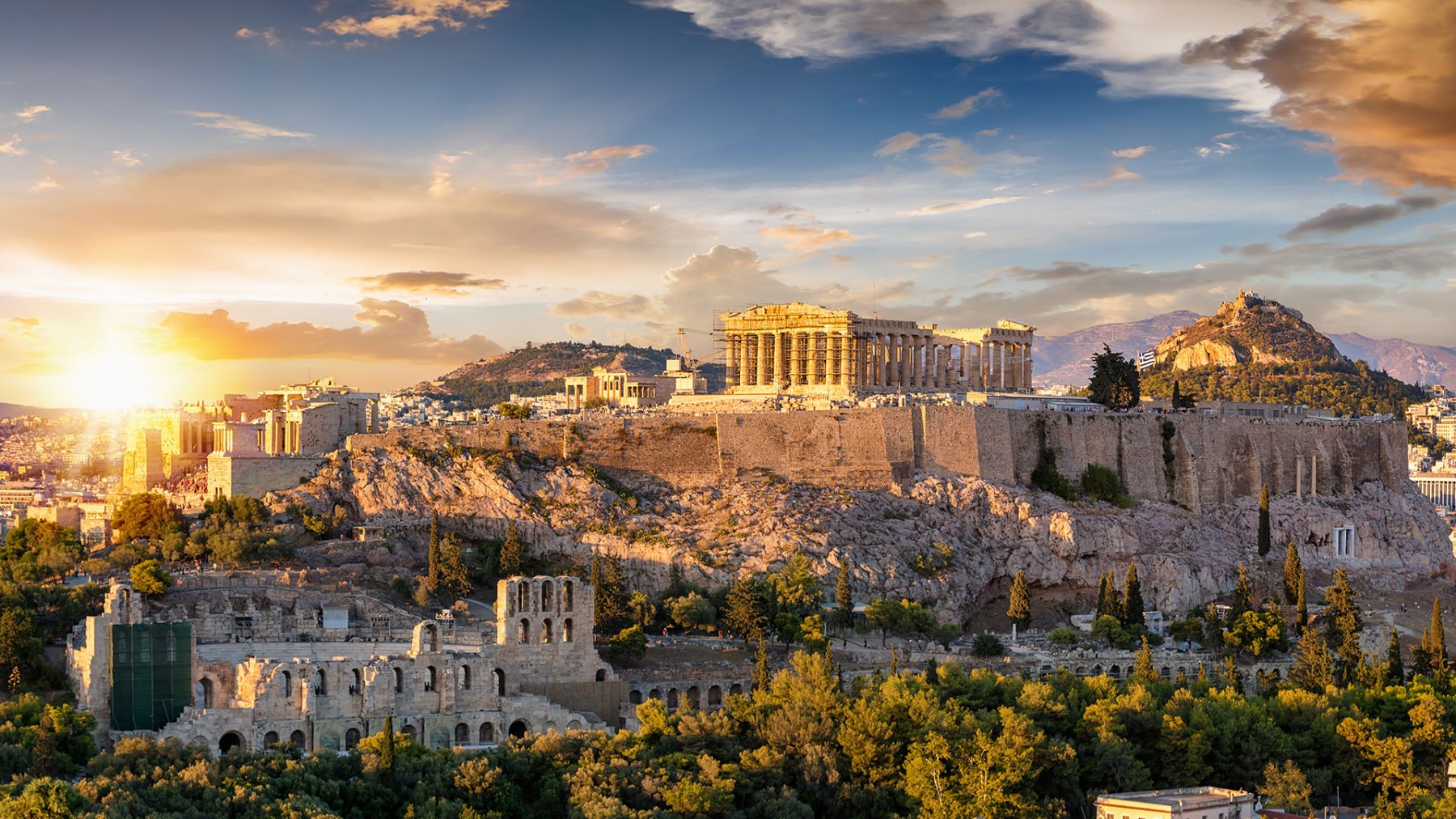
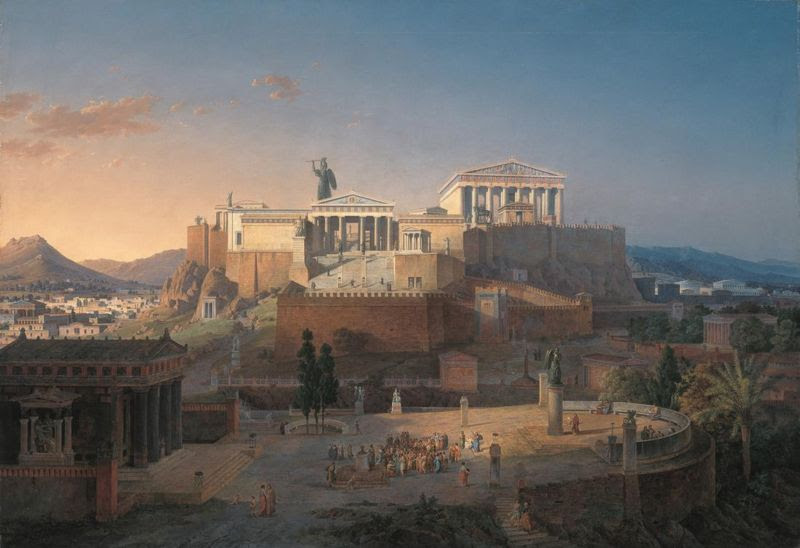
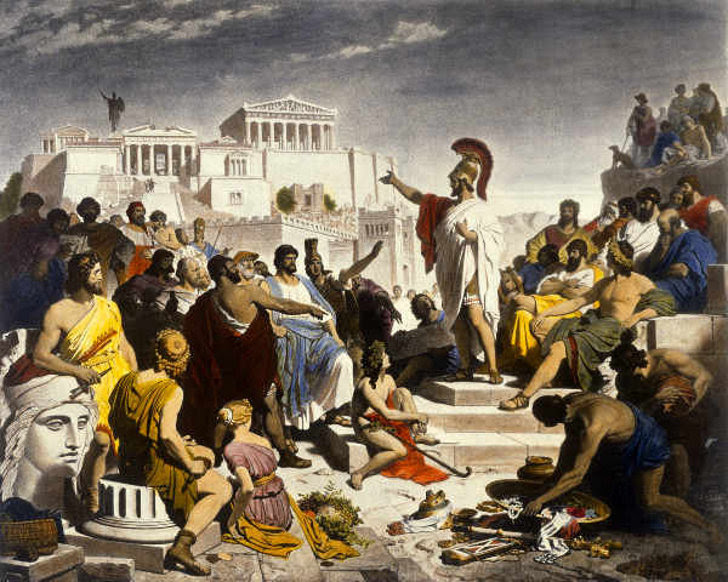
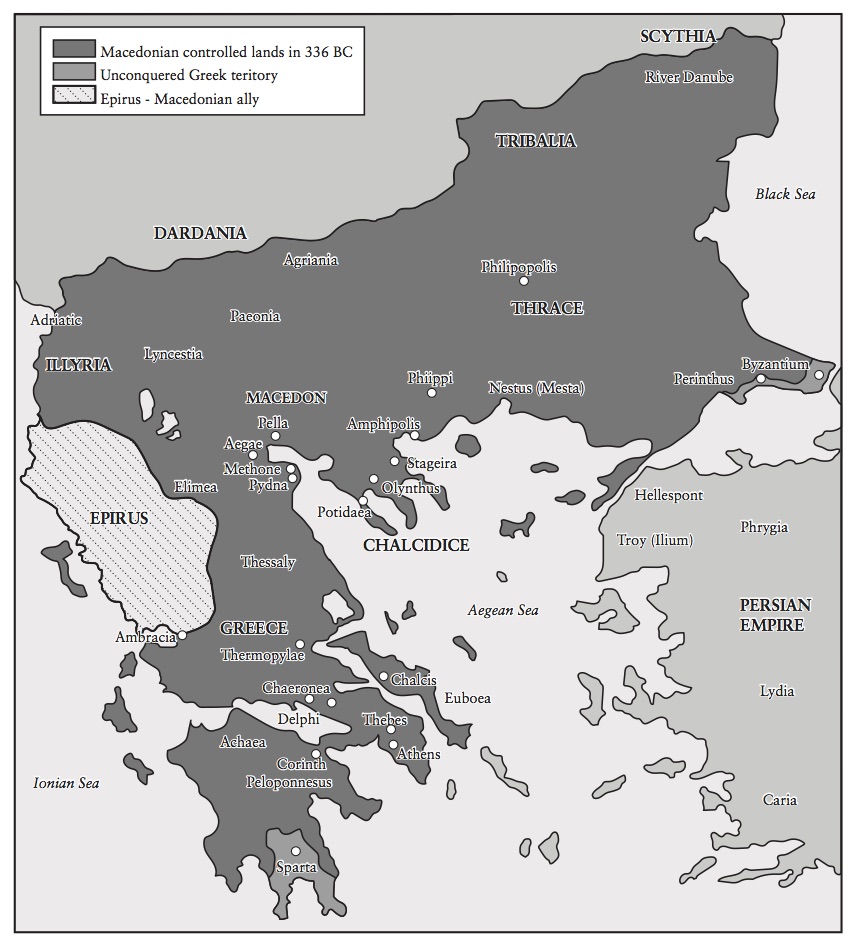









No comments yet. You should be kind and add one!
Our apologies, you must be logged in to post a comment.